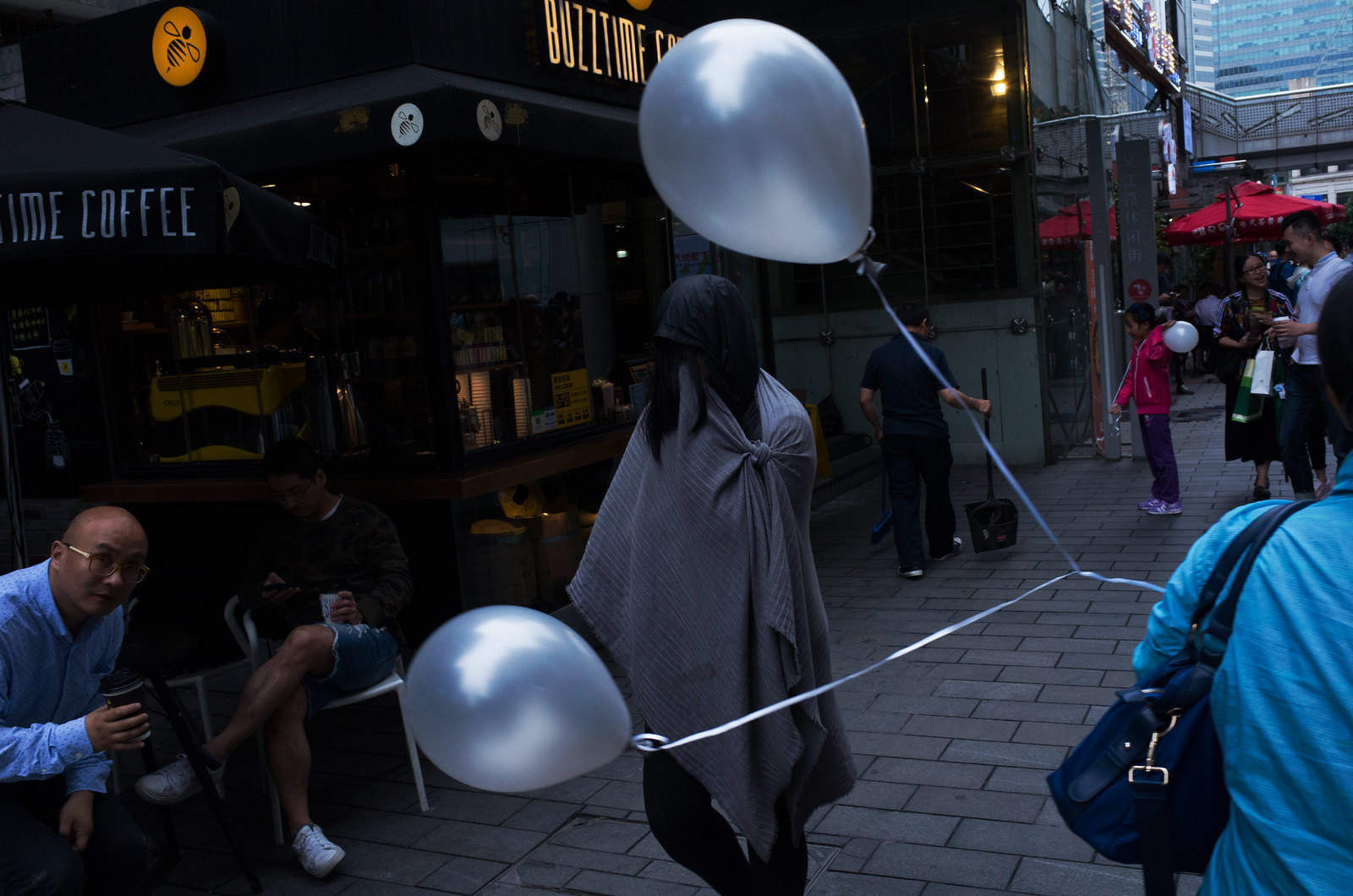
Nameless | Shanghai 2018: photo by Ma Chenlu, 20 May 2018

Nameless | Shanghai 2018: photo by Ma Chenlu, 20 May 2018

Nameless | Shanghai 2018: photo by Ma Chenlu, 20 May 2018
Clarice Lispector: The Archer (A Part of the Future)

The object shown in this beautiful Hubble image, dubbed Messier 54, could be just another globular cluster, but this dense and faint group of stars was in fact the first globular cluster found that is outside our galaxy. Discovered by the famous astronomer Charles Messier in 1778, Messier 54 belongs to a satellite of the Milky Way called the Sagittarius Dwarf Elliptical Galaxy. Messier had no idea of the significance of his discovery at the time, and it wasn’t until over two centuries later, in 1994, that astronomers found Messier 54 to be part of the miniature galaxy and not our own. Current estimates indicate that the Sagittarius dwarf, and hence the cluster, is situated almost 90 000 light-years away -- more than three times as far from the centre of our galaxy than the Solar System. Ironically, even though this globular cluster is now understood to lie outside the Milky Way, it will actually become part of it in the future. The strong gravitational pull of our galaxy is slowly engulfing the Sagittarius dwarf, which will eventually merge with the Milky Way creating one much larger galaxy. This picture is a composite created by combining images taken with the Wide Field Channel of Hubble’s Advanced Camera for Surveys. Light that passed through a yellow-orange (F606W) was coloured blue and light passing through a near-infrared filter (F814W) was coloured red. The total exposure times were 3460 s and 3560 s, respectively and the field of view is approximately 3.4 by 3.4 arcminutes: image by ESA/Hubble /NASA, 7 November 2011
Not
having been born an animal is a secret nostalgia of mine. They
sometimes clamor for many generations from afar and I can't respond
except by growing restless. It's the call.
This
free air, this wind that strikes me in the soul of the face leaving it
troubled in an imitation of an an anguished ever-new ecstasy, anew and
always, every time the plunge into a bottomless thing from which I fall
always ceaselessly falling until I die and achieve at last silence. Oh
sirocco wind, I do not forgive thee for death, thou who bringest me a
damaged memory of things lived that, alas for me, always repeat
themselves, even in other and different forms. The living thing scares
me as the future scares me. That, like things that have passed, is
intangible, mere supposition.
I
am at this instant in a white void awaiting the next instant. Measuring
time is just a working hypothesis. But whatever exists is perishable
and this forces us to measure immutable and permanent time. It never
began and will never end. Never.
I
heard about a she who died in bed but screaming: my light's going out!
Until there was the favor of a coma inside which she freed herself from
her body and had no fear of death.
Before writing to you I perfume myself all over.
I know you all over because I have lived you all over. In me life is profound. The early hours find me pale from having lived the night of deep dreams. Though sometimes I float on a visible shoal that has beneath it dark blue almost black depths. That is why I write to you. On a waft of thick seaweed and in the tender wellspring of love.
I'm
going to die: there's that tension like that of a bow about to loose an
arrow. I remember the sign of Sagittarius: half man and half animal.
The human part in classical rigidity holds the bow and arrow. The bow
could shoot at any instant and hit the target. I know that I shall hit
the target.
Now
I'm going to write wherever my hand leads: I won't fiddle with whatever
it writes. This is a way to have no lag between the instant and I: I
act in the core of the instant. But there's still some lag. It stats
like this: as love impedes death, and I don't know what I mean by that. I
trust in my own incomprehension that gives me life free of
understanding, I lost friends, I don't understand death.
The horrible
duty is to go to the end. And counting on no one. To live your life
yourself. And to suffer as much to dull myself a bit. Because i can no
longer carry the sorrows of the world. What can I do when I feel totally
what other people are and feel? I live them but no longer have the
strength. I don't want to tell even myself certain things. It would be to betray the is-itself.
I feel that I know some truths. But truths have no words.
Clarice Lispector (1920-1977): from Água Viva (1973), English version by Benjamin Moser
Sagittarius Star Cloud. Stars come in all different colors. The color of a star indicates its surface temperature, an important property used to assign each star a spectral type. Most stars in the above Sagittarius Star Cloud are orange or red and relatively faint, as our Sun would appear. The blue and greenish stars are hotter, many being relatively young and massive. The bright red stars are cool Red Giants, bloated stars once similar to our Sun that have entered a more advanced stage of evolution. Stars of this Sagittarius Cloud lie towards the center of our Galaxy -- tantalizing cosmic jewels viewed through a rift in the dark, pervasive, interstellar dust. This famous stellar grouping houses some of the oldest stars known: image by Hubble Heritage Team (AURA/ STScl/ NASA), 20 May 2001

Archer, folk festival, Gyantse, Tibet: photo by Ernst Schäfer, 21 June 1938 (Deutsches Bundesarchiv)

Sagittarius constellation: image animation by Michelet, 17 August 2006
Globular cluster Messier 54 of the Sagittarius Dwarf Elliptical Galaxy: image from Hubble Space Telescope's Advanced Camera for Surveys by Ata Sarajedini, 25 May 2006

The principal stars of the constellation Sagittarius, as seen from the northern hemisphere, in a long exposure.: photo by Scott Roy Atwood, 21 September 2009
M104 ngc4594 (Sombrero Galaxy): image by Hubble Space Telescope, 2003 (NASA)

Untitled: photo by _ИГ, 20 June 2015

Untitled: photo by _ИГ, 20 June 2015


Woman in the Dunes, Hiroshi Teshigara dir., 1964: theatrical poster: photo by Doctor Sunshine, 3 March 2007

TC: The Sand Burg, Ferry Press (London), 1966: cover by Joe Brainard
The Archer
glug a locust
no these are another
season goes
the sky is blue today
it seemed impossible it could
turn into a pigeon that way
gloves and flutters of the mood
a sun that propagates like a father
a father that lugs home sacks of mud
well light is feeding
hey glug
this coffee's bloody
mug the mugfinches
celebrate the light
with
the pause crap to Tibet
your wrists and cold
gave exit to a kind
of laurel I had not held
a cold it numbed your Achilles and my
and my
limbo actual
diversity or a jerk to say
the hour
would be caged
stepped forward and the smiles of eggs
just as we did not know that there are crests
surprised on his face a laugh that his sons
were in granite as the egg
a coquette fist driving this cast of face
dint-first
thru the gesture a slowness that goes fast to let the scythe taste
he felt himself displayed to the tank
allured by the tend to dispel caste
a secretion beard pressed in corners
nib of the spider that is forward
personage not to goof the archer's friendship alone
TC: The Archer, from The Sand Burg (1966)
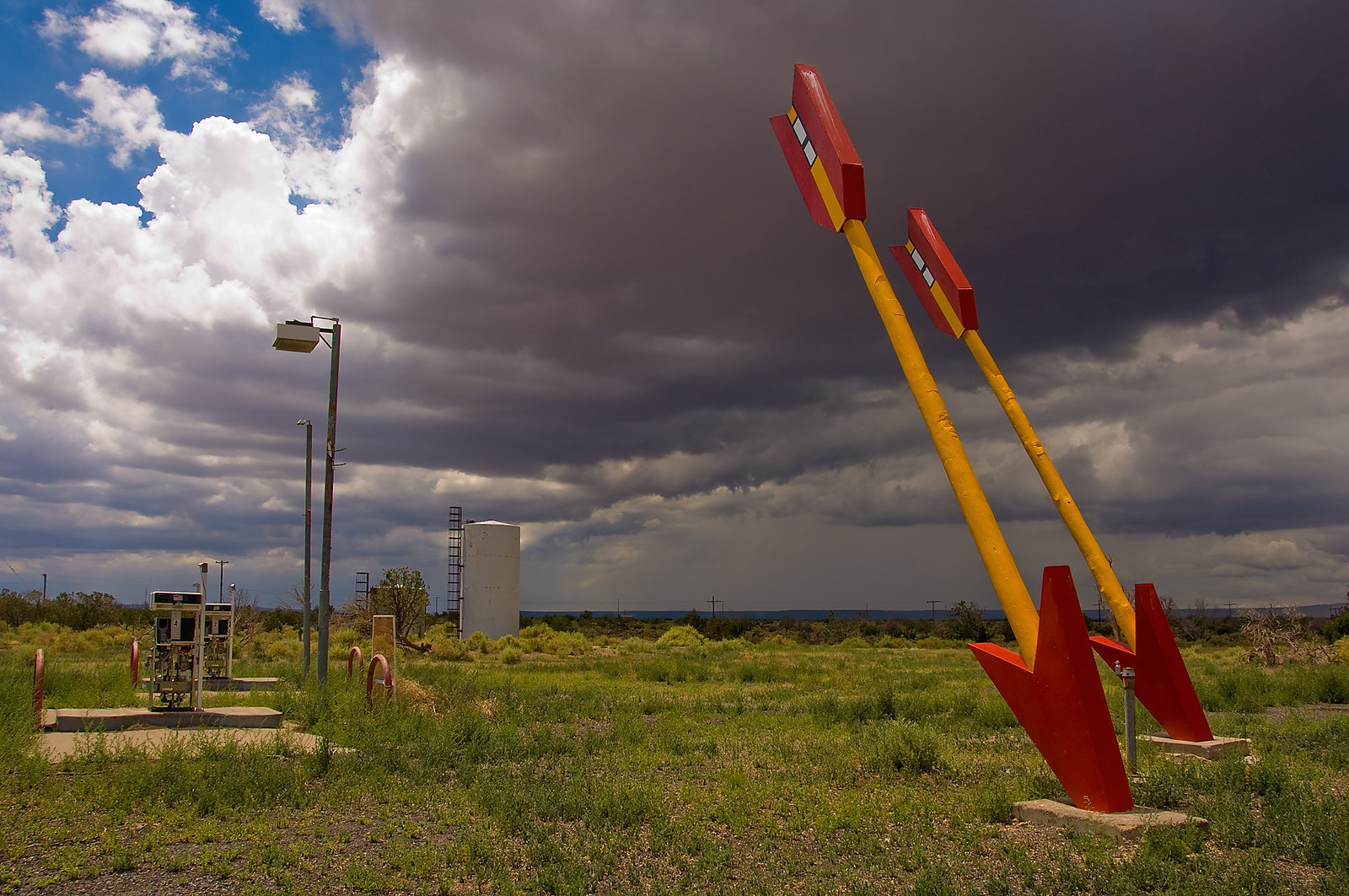
Twin Arrows, Arizona: photo by Philippe Reichert, 26 June 2010

Twin Arrows Trading Post, Arizona -- abandoned: photo by ap0013, 26 March 2013

Twin Arrows Trading Post, Twin Arrows, Arizona. In 2009, the Hopi Tribe and the Route 66 Association restored the arrows. There were plans to restore the trading post as well, but so far, that doesn't seem to be happening: photo by Dean Jeffrey, 30 March 2012

Twin Arrows. Twin arrows in the aptly named Twin Arrows, Arizona: photo by Randy Heinitz, 1 September 2013
And Now To the Stars

Nameless | Shanghai 2018: photo by Ma Chenlu, 18 May 2018

Nameless | Shanghai 2018: photo by Ma Chenlu, 18 May 2018

Nameless | Shanghai 2018: photo by Ma Chenlu, 18 May 2018
A kiss on the glove
At four blows
During lunch I dreamed of mud
But the neck of the waiter
A pink over the blue of the mud
Around your shoes
Was a something
A token I carried
To remember this love was like plastic.
TC: And Now To the Stars, from The Sand Burg (1966)



At four blows
During lunch I dreamed of mud
But the neck of the waiter
A pink over the blue of the mud
Around your shoes
Was a something
A token I carried
To remember this love was like plastic.
TC: And Now To the Stars, from The Sand Burg (1966)

Nameless | Shanghai 2018: photo by Ma Chenlu, 14 May 2018

Nameless | Shanghai 2018: photo by Ma Chenlu, 14 May 2018

Nameless | Shanghai 2018: photo by Ma Chenlu, 14 May 2018
Afternoons

Band-Aid manufactured by Johnson and Johnson Co.: photo by Svetlana Milijkovic, 20 June 2006
it’s fine to wake up and hug your knees
my knees
when I have run out of fire fluid
I rush back to bed
the feeling of paws on my knees
petals and wings
little hair
why have you gone
I sing that in my head
being alone is a song
a cigarette in bed
it’s better not to touch the ceiling
but if love attaches a band aid
from the ceiling to your head
there’s nothing to do but recognize it
my knees
when I have run out of fire fluid
I rush back to bed
the feeling of paws on my knees
petals and wings
little hair
why have you gone
I sing that in my head
being alone is a song
a cigarette in bed
it’s better not to touch the ceiling
but if love attaches a band aid
from the ceiling to your head
there’s nothing to do but recognize it
TC: Afternoons, from The Sand Burg (1966)

Nameless | Shanghai 2018: photo by Ma Chenlu, 27 March 2018

Nameless | Shanghai 2018: photo by Ma Chenlu, 27 March 2018

Nameless | Shanghai 2018: photo by Ma Chenlu, 27 March 2018
Clavier

Nameless | Shanghai 2018: photo by Ma Chenlu, 22 April 2018

Nameless | Shanghai 2018: photo by Ma Chenlu, 22 April 2018

Nameless | Shanghai 2018: photo by Ma Chenlu, 22 April 2018
The past that I chose
this thing with a lip in its midst
this unpleasantness resembles a rose
offered by a leper
but there is a warmth in sores
Night goes on
in this cup of pebbles
a leopard shuts his book
a lamp illuminates the filth
a dwelling in refuse
in the terminal
signal of a lip
the dragonish
look of satiety on the face of love
in the corner of the cage
where you seem to have gone with me
A prison boat to infinity
The sugarish mist of distance
a ship going twilight's
smudge on the horizon touched by
the crap on your paws
TC: Clavier, from The Sand Burg (1966)

Nameless | Shanghai 2018: photo by Ma Chenlu, 16 May 2018


Nameless | Shanghai 2018: photo by Ma Chenlu, 16 May 2018

Nameless | Shanghai 2018: photo by Ma Chenlu, 16 May 2018
Clarice Lispector: Mine of Mirrors (from Água Viva)
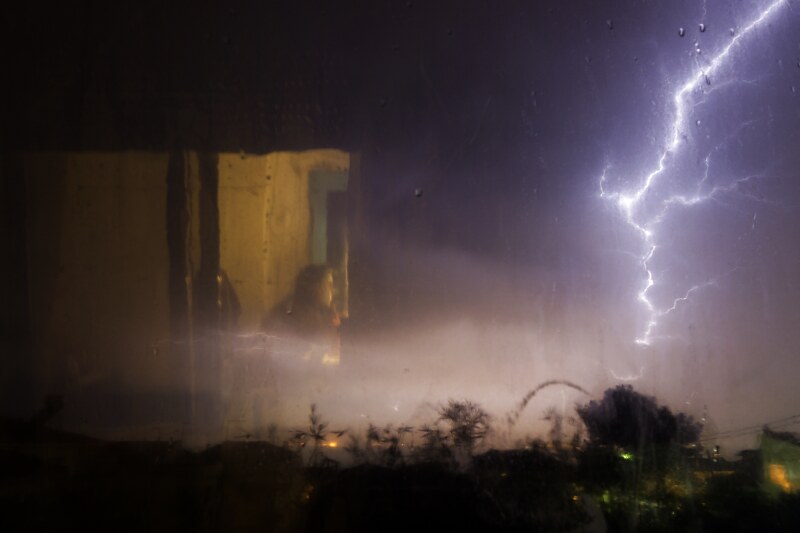


Close-up of foam on the surface of a tide pool, Fitzgerald Marine Reserve, California. When plankton crushes ashore, it dies and disintegrates creating foam-like bubbles, which are left on the floor of tide pools floor after the ocean retreats. The bubbles display all the same properties as soap bubbles, displaying typical interference colors, except they last much longer than soap bubbles. The organic material of the plankton, which lowers the surface tension of the water (as soap does), and preserves the film, is responsible for these colors: photo by Brocken Inaglory, 1 March 2008
But
now I'm interested in the mystery of the mirror. I'm looking for a way
to paint it or to speak of it with the word. But what is a mirror? The
word mirror does not exist, only mirrors exist, for a single one is an
infinity of mirrors. Mirror is not something created but something born.
You don't need many to have the sparkling and the sleepwalking mine:
two are enough, and one reflects the reflection of what the other
reflected, in a trembling that is transmitted in an intense and mute
telegraphic message, insistent, liquidity in which you can plunge a
fascinated hand and pull it out dripping with the reflections of that
hard water that is the mirror. Like the seer's crystal ball, it drags me
toward the void that for the seer is his field of meditation, and in me
the field of silences and silences. And I can barely speak, with so
much silence unfurling into others.
Mirror? That crystallized world that has in itself enough space to go ever ceaselessly forward: for mirror is the deepest space that exists. And it is a magic thing: whoever has a broken piece can go with it to meditate in the desert. Seeing oneself is extraordinary. Like a cat whose fur bristles, I bristle when faced with myself. From the desert I would also return empty, illuminated and translucent, and with the same vibrating silence of a mirror. Its form doesn't matter: no form manages to circumscribe and alter it. Mirror is light. A tiny piece of mirror is always the whole mirror.
Remove its frame or the lines of its edges, and it grows like spilling water.
Mirror? That crystallized world that has in itself enough space to go ever ceaselessly forward: for mirror is the deepest space that exists. And it is a magic thing: whoever has a broken piece can go with it to meditate in the desert. Seeing oneself is extraordinary. Like a cat whose fur bristles, I bristle when faced with myself. From the desert I would also return empty, illuminated and translucent, and with the same vibrating silence of a mirror. Its form doesn't matter: no form manages to circumscribe and alter it. Mirror is light. A tiny piece of mirror is always the whole mirror.
Remove its frame or the lines of its edges, and it grows like spilling water.
Clarice Lispector (1920-1977): from Água Viva (1973), English version by Stefan Tobler

Close-up on foam on the surface of a tide pool, Fitzgerald Marine Reserve, California: photo by Brocken Inaglory, 1 March 2008
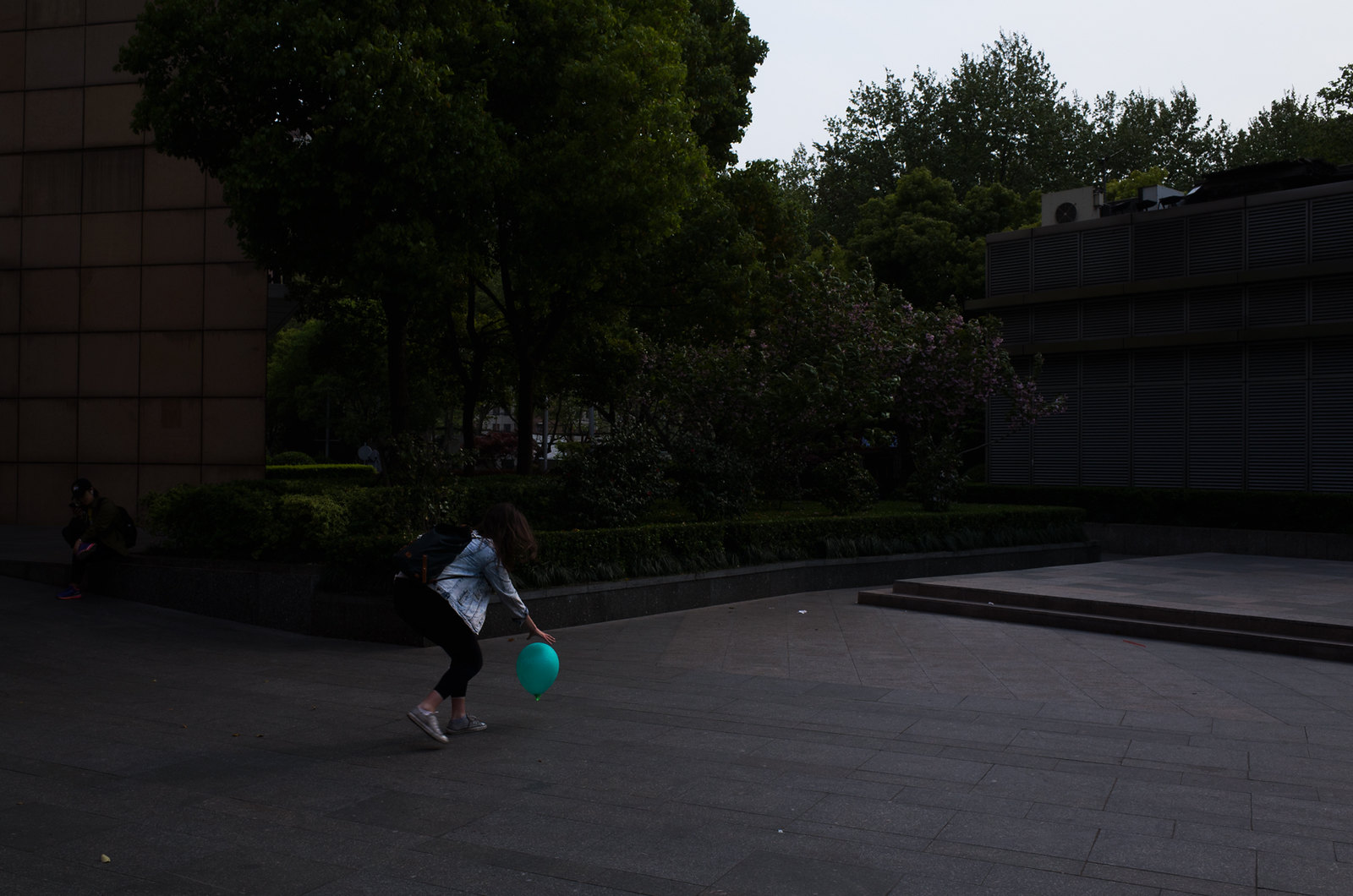
Nameless | Shanghai 2018: photo by Ma Chenlu, 11 April 2018

Nameless | Shanghai 2018: photo by Ma Chenlu, 11 April 2018

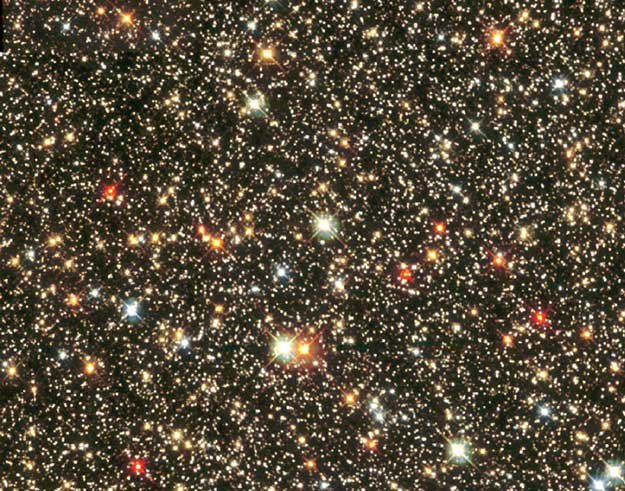

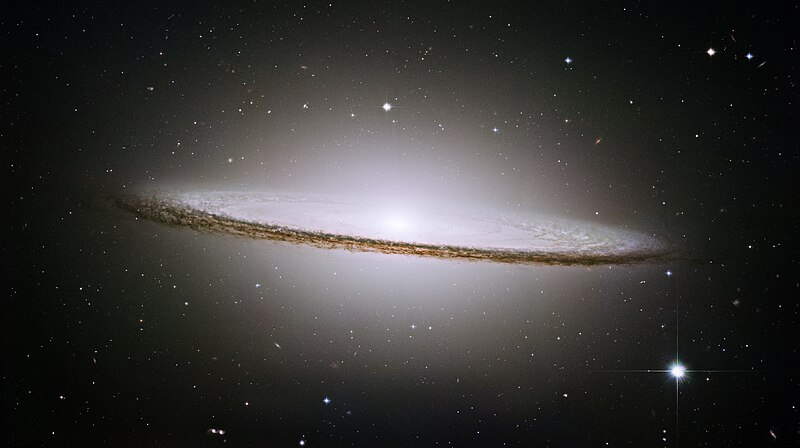

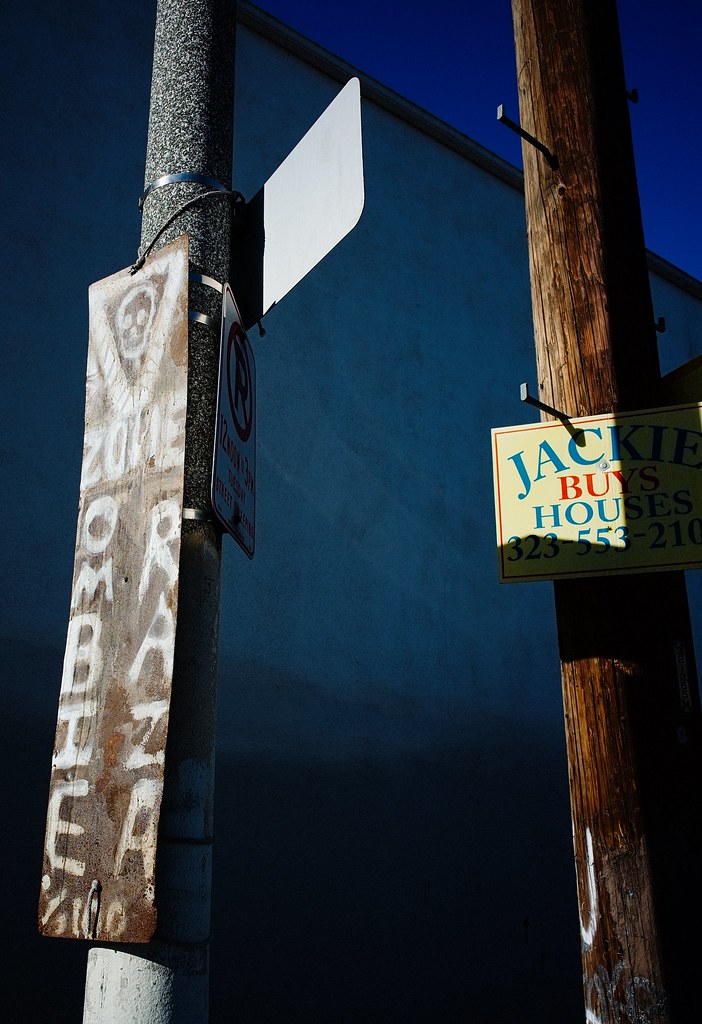


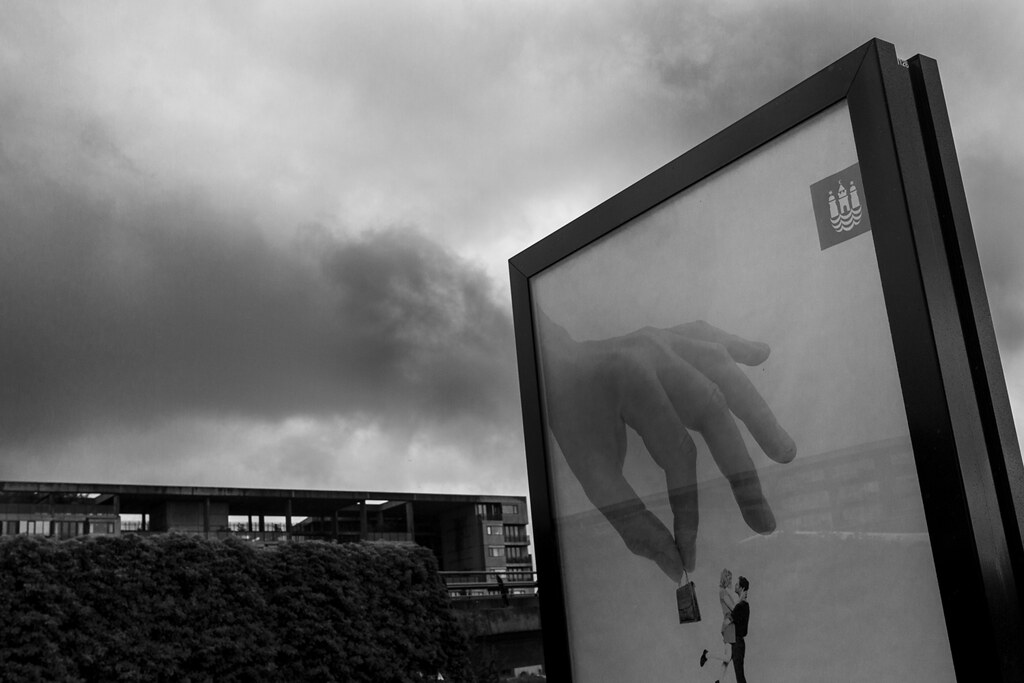
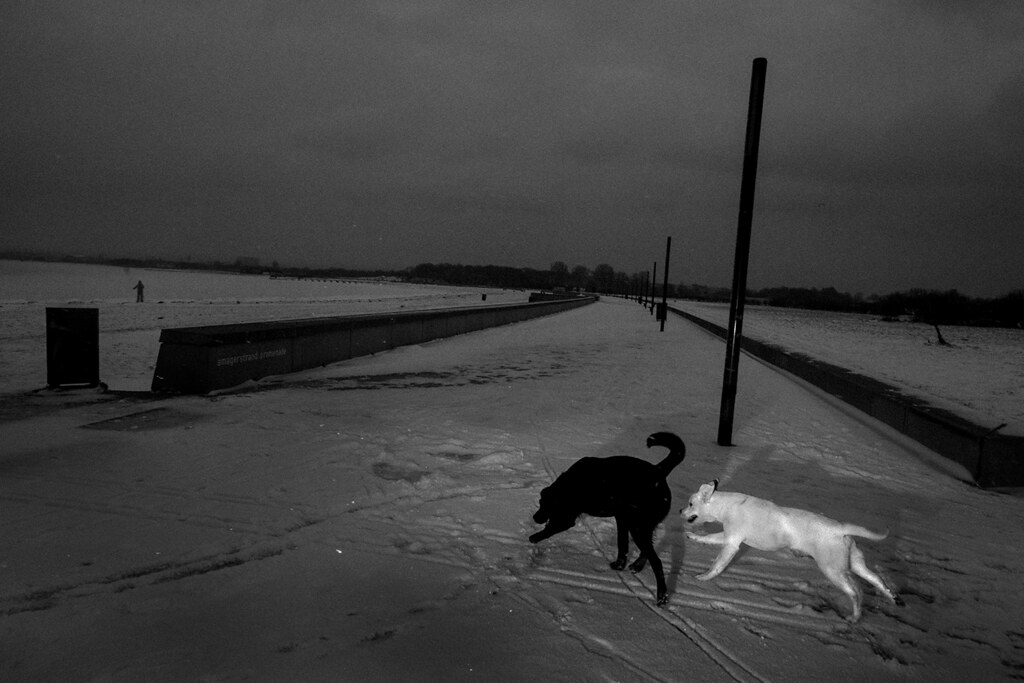
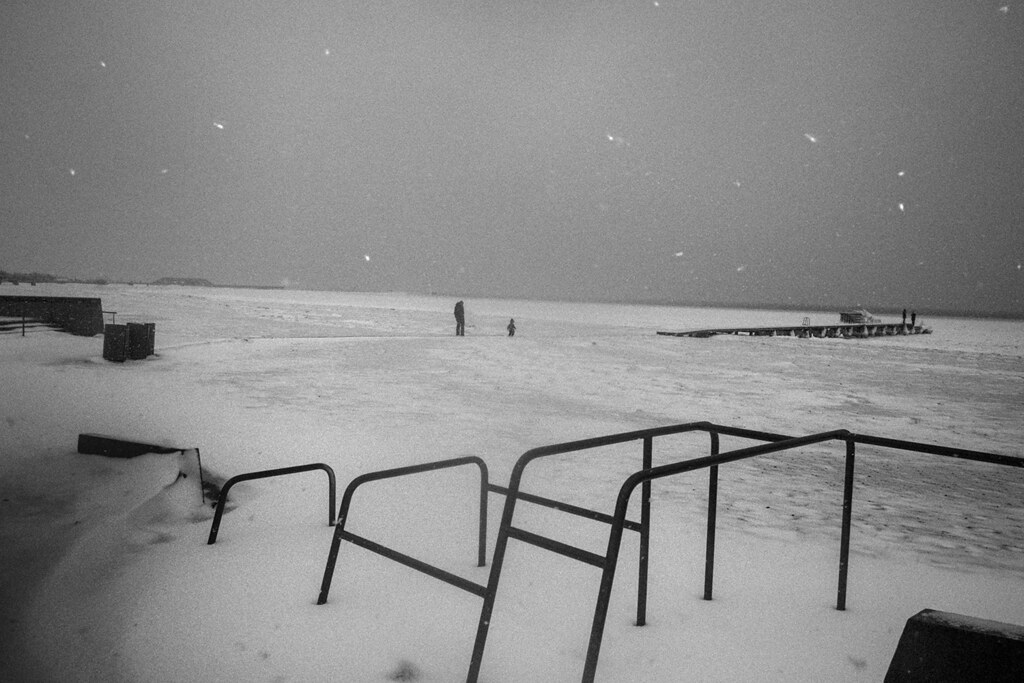
but there is a warmth in sores
ReplyDeleteIn this age of virtual intimacies that line has a curious nostalgia.
It's great to read these early poems of yours, Tom. Where were you in '66?
I was living in Brightlingsea, a cottage perched on the edge of the world as it was then composed. A fairly austere existence it was, living on fish and chips (the catch being local). Weekends in London. Travels (auto-stop), off the island, curiosity-driven (!), from June to Sept. The Sand Burg was published by the late Andrew Crozier, a friend from Dulwich with whom I'd been mates in the Wivenhoe period, when we were both @Essex. An amazing sum - I seem to recall the astronomical figure 50 quid - was raised in incremental donations. Looking at it again, a bit mouldy from all these years in a series of steamer trunks, I see that it's quite well made in all material respects, with the special bonus of the wonderful Brainard cover. The title and what I suppose would have been said to be the theme, though I was probably not quite aware of this at the time, came from the Japanese film Woman of the Dunes, which I'd seen at the Arts Cinema in Cbge, directly downstairs from my then digs (c 1965). Estrangement perhaps would have been a more accurate title.
ReplyDelete